Marie Curie: A Trailblazing Scientist
Marie Curie stands as one of the most iconic figures in the history of science, celebrated not only for her groundbreaking discoveries but for her relentless dedication in a field that was predominantly male-dominated during her time. Born in Warsaw, Poland, on November 7, 1867, Curie's pursuit of knowledge and innovation transcended borders and broke barriers, laying the foundation for a legacy that continues to inspire countless individuals today.
Early Life and Education
Marie Curie was born Maria Skłodowska to a family of educators. Her parents, Bronisława and Władysław Skłodowski, were both devoted teachers, and they instilled in her the value of education from an early age. Despite financial hardships and the limitations placed on women in Poland at that time, Maria excelled academically. Her zeal for learning led her to the "Flying University," a clandestine educational institution in Warsaw that provided Polish women with opportunities for higher education, which were otherwise denied by the Russian Empire's policies.
Determined to extend her horizons, Maria moved to Paris in 1891 to study at the University of Paris (Sorbonne). There, she adopted the French version of her name, Marie, and pursued her passion for physics and mathematics with vigor. Despite the challenges of living in a foreign country with little financial support, her talent and dedication stood out among her peers. Marie completed her master's degrees in physics in 1893 and mathematics in 1894, laying the groundwork for her future scientific endeavors.
Discoveries and Scientific Contributions
Marie Curie's interest in the emerging field of radioactivity, a term she herself coined, led to some of her most significant scientific achievements. Working alongside her husband, Pierre Curie, whom she married in 1895, Marie embarked on pioneering research that would eventually earn her two Nobel Prizes.
The couple's work was initially focused on uranium rays, which had been recently discovered by Henri Becquerel. Marie's meticulous research highlighted that the intensity of the rays was proportional to the quantity of uranium, suggesting that the emission of the rays was an atomic property. This was a revolutionary insight at the time, challenging the existing beliefs about atomic indivisibility and hinting at a more complex atomic structure.
In 1898, after laborious work, the Curies made a remarkable breakthrough by isolating two previously unknown elements: polonium, named after Marie's homeland, and radium. The isolation of these radioactive elements was no small feat and required the processing of tons of pitchblende, a type of uranium ore, in order to yield just a small amount of these substances.
The Nobel Prizes
Marie Curie's contributions to science were soon recognized on the international stage. In 1903, she became the first woman to be awarded a Nobel Prize, sharing the Nobel Prize in Physics with Pierre Curie and Henri Becquerel for their collective work on radioactivity. This achievement was groundbreaking not only for the scientific community but also in the context of women's rights and capabilities in scholarly fields.
Tragedy struck in 1906 when Pierre Curie was killed in a street accident, leaving Marie to carry forward their shared scientific legacy on her own. Undeterred, she focused on her research with renewed determination and resilience. Her solo work led to her second Nobel Prize, this time in Chemistry, in 1911. With this accolade, Marie became the first person ever to win Nobel Prizes in two different scientific fields, solidifying her status as a giant in the scientific community.
Marie Curie's discoveries revolutionized modern science by opening up new avenues for research in atomic physics and chemistry. Her work with radioactive materials was pivotal for the development of X-rays, which would come to play a critical role in medical diagnostics, particularly during World War I, where Marie herself facilitated the deployment of mobile radiography units for battlefield surgery.
Throughout her life, Marie Curie's brilliance and persistence broke through the limitations imposed on her by society's expectations. Her contributions set the stage for future generations of scientists, and her impact on the world of science is immeasurable. In the following sections, we will explore the incredible depth of her legacy, the challenges she faced, as well as the eventual recognition and commemoration of her life's work.
Overcoming Adversities in the Pursuit of Science
Despite her monumental achievements, Marie Curie's journey was fraught with challenges that extended beyond the scientific hurdles she faced in the laboratory. As a woman pioneering in a field dominated by men, she encountered systemic gender biases that often underestimated or ignored her contributions. For most women of her era, the idea of leading groundbreaking scientific research or holding a professorship was practically unattainable. However, Curie's tenacity and intellect helped bridge this monumental gap, marking a transformative moment for women in science.
After earning her first Nobel Prize, Curie faced intense scrutiny and skepticism from some of her contemporaries who questioned her capabilities and the legitimacy of her scientific work. Despite these criticisms, she maintained her focus on further research and the development of her discoveries, allowing her results to speak volumes about her expertise and integrity.
In 1906, following the tragic death of her husband Pierre, Curie was offered his prestigious position at the University of Paris—becoming the first woman to teach at the Sorbonne. This appointment represented more than just a professional milestone; it was a resounding acknowledgment of her individual achievements and expertise. Her lectures drew large audiences, eager to witness the insights of such a pioneering figure.
Impact on Medicine and Technology
Marie Curie's research had profound implications beyond the laboratory. Her work with radioactivity not only advanced scientific understanding but also created new applications, particularly in the realm of medicine. The Curies' discovery of radium facilitated the development of radiotherapy, a treatment method for cancer that remains a cornerstone of oncological medicine today. By harnessing the destructive energy of radioactive elements, doctors could target and kill cancer cells, offering hope and relief to countless patients.
During World War I, Marie Curie's dedication to the practical applications of her discoveries led her to revolutionize battlefield medicine. Understanding the potential of X-rays, Curie championed the establishment of mobile radiography units—dubbed "petites Curies"—to enable the prompt diagnosis of battlefield injuries. She personally trained medical professionals and even drove these mobile units herself, significantly improving the survival and recovery rates of injured soldiers.
Her contributions to medical technology showcased not only her scientific acumen but also her humanitarian spirit and unwavering commitment to improving human life. These advancements laid the groundwork for future developments in both medical and industrial sectors, proving Marie Curie’s influence extended far beyond theoretical physics and chemistry.
A Legacy of Inspiration and Change
Marie Curie's life and work have left an indelible mark on the scientific community and the world at large. She opened doors for women in science, setting a precedent that challenged the status quo and inspired generations to come. Her story is one of perseverance and strength in the face of adversity, resonating with anyone who has strived to break barriers and redefine possibilities in their own lives.
Her legacy is honored through numerous awards, institutions, and research centers that bear her name. The Curie Institutes in Paris and Warsaw continue to be leading centers for medical research, particularly in the fields of oncology and radiobiology, a testament to the enduring significance of her scientific contributions. Moreover, her life continues to be celebrated in various forms of media, highlighting her role not just as a scientist, but as a trailblazer for gender equality and education.
Moreover, in 1995, Marie Curie's remains were enshrined in the Panthéon in Paris, a resting place for the most distinguished French citizens. This honor reflected not only her scientific achievements but also her profound impact on society as a whole. She is one of the few women to have received this honor, and the first for her own accomplishments.
The story of Marie Curie is not simply one of scientific discovery but is emblematic of the relentless pursuit of knowledge and progress in the face of hardship. She exemplifies how curiosity and dedication can transcend societal constraints, encouraging others to follow in her footsteps and explore new frontiers.
In our next segment, we will delve deeper into the global influence of Marie Curie's work, examining the broader implications of her discoveries on science and society, and how her pioneering spirit continues to inspire new generations of researchers in the 21st century.
Worldwide Influence and Enduring Impact
Marie Curie’s pioneering work had a ripple effect that extended far beyond her individual contributions to science. Her discoveries fundamentally altered the scientific understanding of the atomic world, leading to a series of innovations that continue to influence multiple disciplines to this day. The concept of radioactivity spurred new research in nuclear physics and chemistry, ultimately laying the groundwork for advancements in nuclear energy and various industrial applications.
Throughout the early and mid-20th century, the principles of radioactivity discovered by Curie and her contemporaries catalyzed a new era of scientific inquiry. Researchers across the globe were inspired to delve deeper into the mysteries of the atom, leading to groundbreaking developments such as nuclear fission and fusion. These advances not only expanded our understanding of the universe's fundamental building blocks but also had profound implications for both energy production and international diplomacy during the nuclear age.
Marie Curie's legacy also extends into environmental science and safety. Her work with radioactive materials highlighted the need for stringent safety protocols and monitoring of radioactive substances—a concern that remains critical as industries continue to explore and harness nuclear energy. The lessons learned from her era of discovery inform modern safety standards and guide the ethical considerations surrounding nuclear technologies.
Curie’s Influence on Modern Scientific Culture
Curie’s influence permeates the ethos of modern scientific culture, particularly regarding the role of women in science and technology. Her determination and success challenged and reshaped societal perceptions, setting a precedent that empowered women to pursue careers in fields traditionally dominated by men. Today, she serves as a symbol of what can be achieved through perseverance and intellectual curiosity, inspiring countless women to follow in her footsteps.
In recent years, efforts to promote gender equality in STEM fields have frequently drawn upon Curie’s legacy, underscoring the importance of diversity and inclusion in fostering innovation and discovery. Her story is often highlighted in educational programs and initiatives aimed at encouraging young girls to explore scientific disciplines, making her an enduring figure of inspiration and empowerment.
Moreover, Marie Curie’s story is a testament to the human spirit’s capacity for overcoming adversity. Her achievements remind us that the pursuit of knowledge often necessitates confronting and dismantling barriers, both personal and societal, to achieve significant breakthroughs. Her unwavering commitment to science, even in the face of tremendous obstacles, serves as a powerful narrative about the impact of passion and perseverance.
The Continuing Relevance of Curie’s Work
As we move further into the 21st century, the relevance of Marie Curie’s work remains significant across various scientific and medical landscapes. Her discoveries continue to inform cutting-edge research in fields as diverse as oncology, aerospace, and environmental science. The potential of radioactivity and nuclear processes to address contemporary challenges, such as clean energy production and advanced medical treatments, underscores the lasting importance of her scientific inquiries.
Furthermore, the ethical and environmental concerns associated with radioactive materials continue to be topics of major significance. Curie’s work serves as a historical touchstone for ongoing discussions about the balance between technological advancement and public safety. Her insights into the powerful forces within the atom remind us of the dual potential for innovation and destruction inherent in scientific discovery, emphasizing the importance of responsible stewardship.
In conclusion, Marie Curie’s life and contributions epitomize the transformative power of science driven by curiosity, resilience, and a relentless pursuit of truth. Her legacy is woven into the fabric of modern scientific thought and continues to inspire those who dare to venture into the unknown. As society continues to grapple with complex scientific and ethical questions, Marie Curie's story offers a timeless reminder of the boundless possibilities that emerge when human ingenuity meets unyielding determination. Whether inspiring young scientists, advancing medical treatments, or informing energy policies, the spirit of Curie's work endures, forever shaping the future of science and humanity.
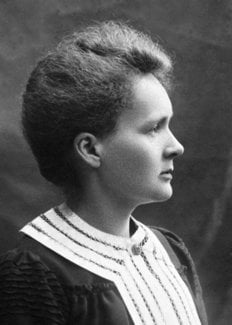

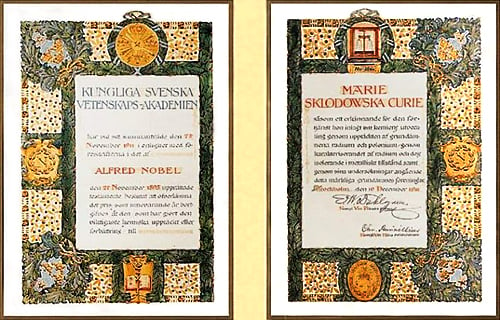
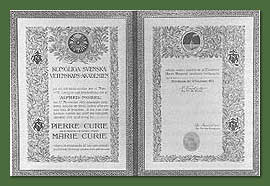





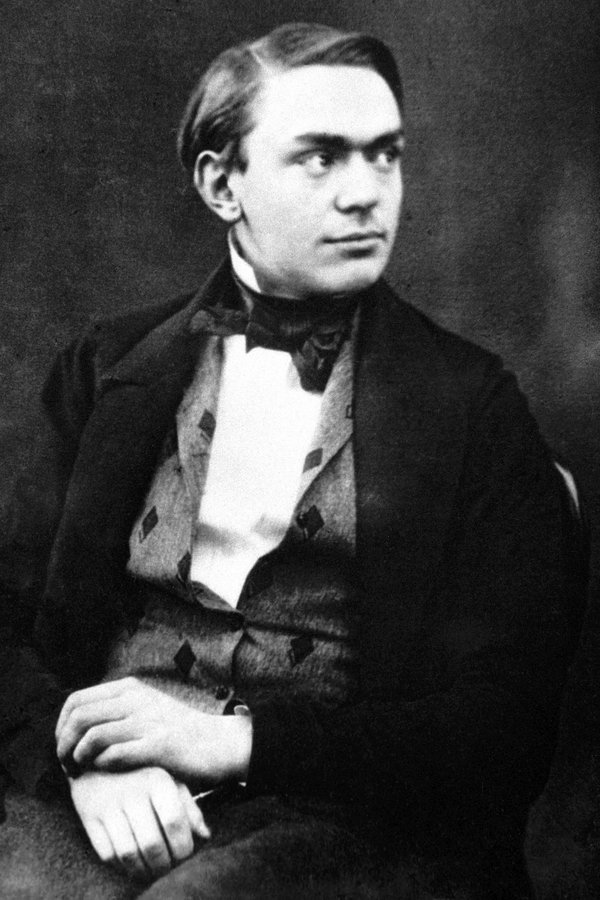

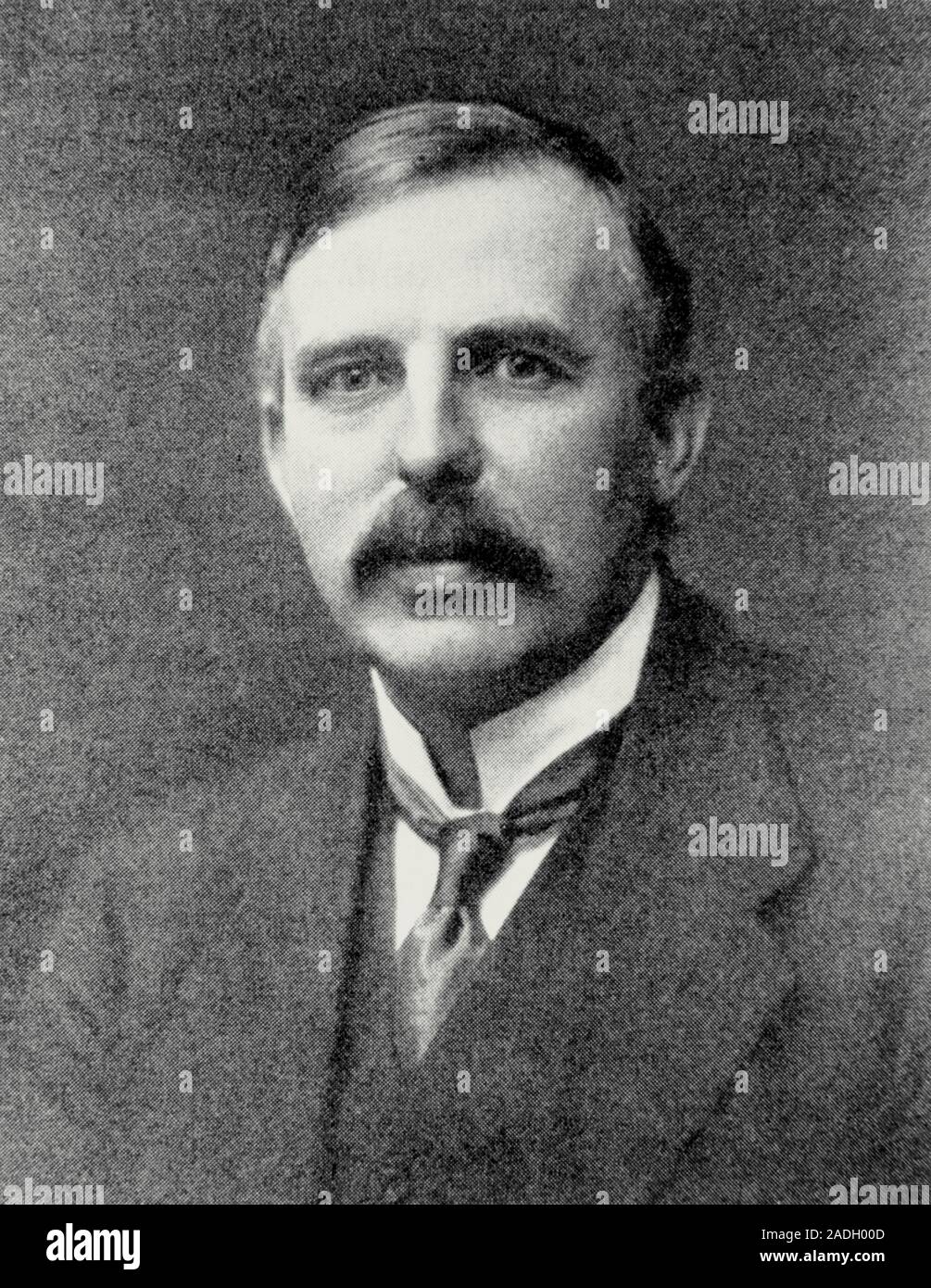

Comments